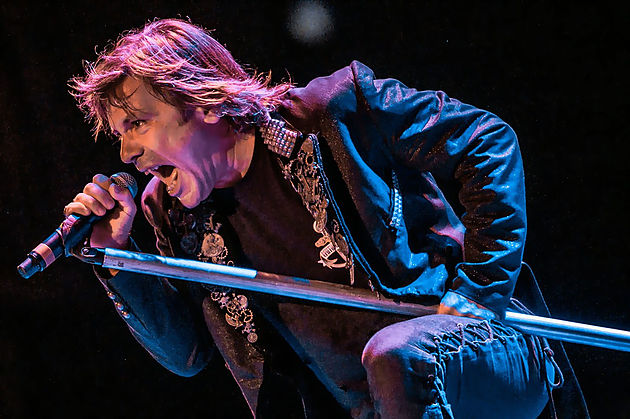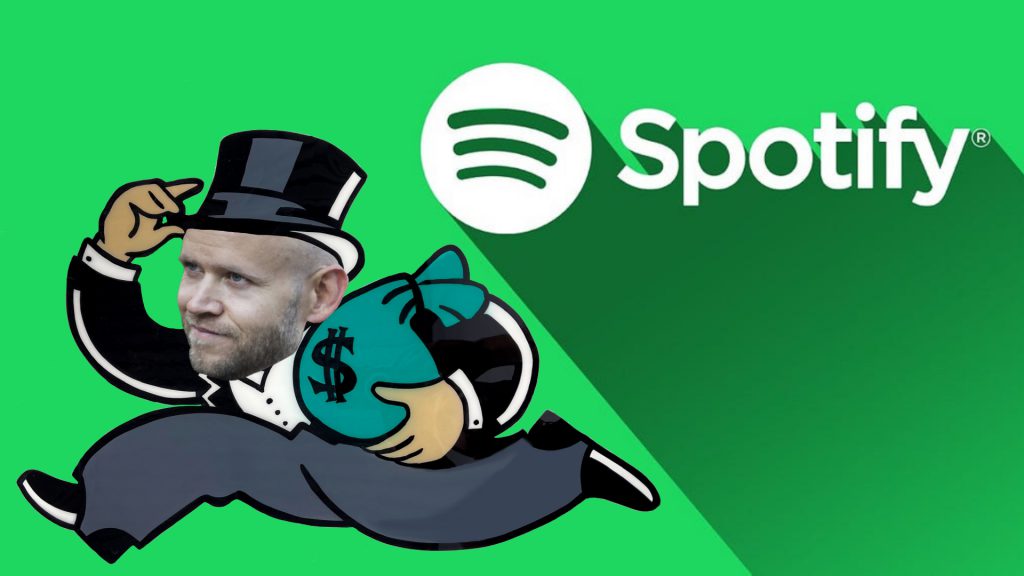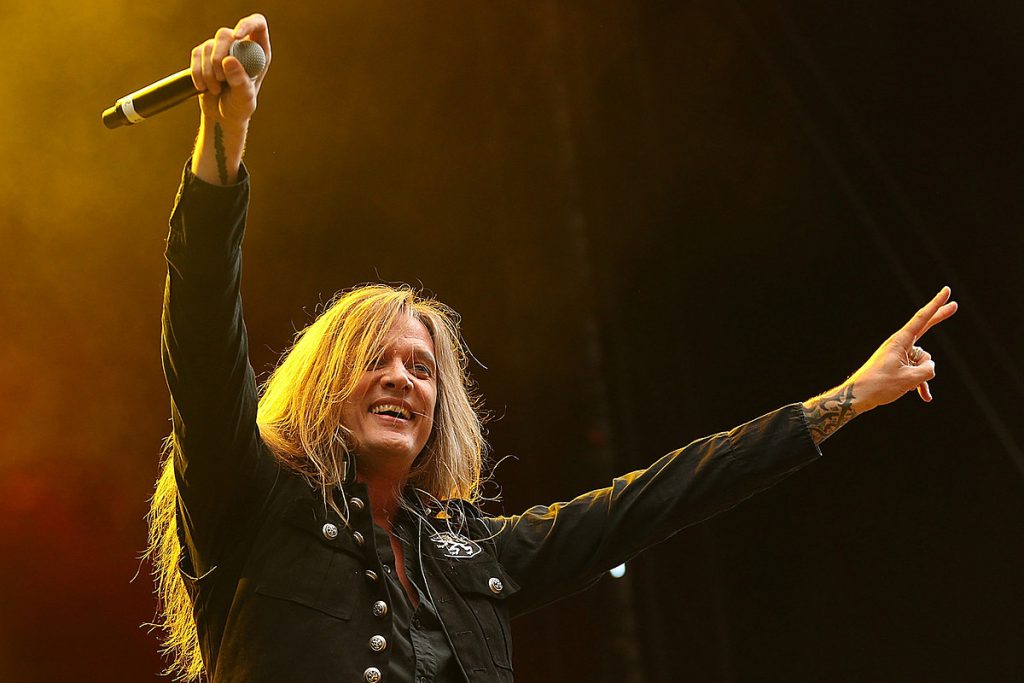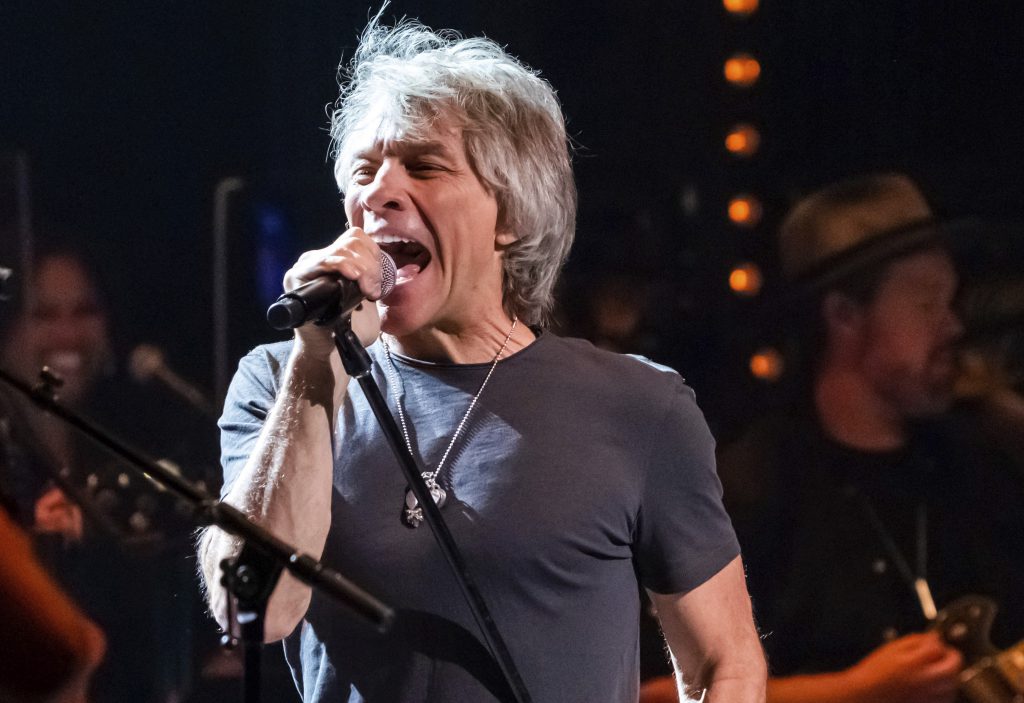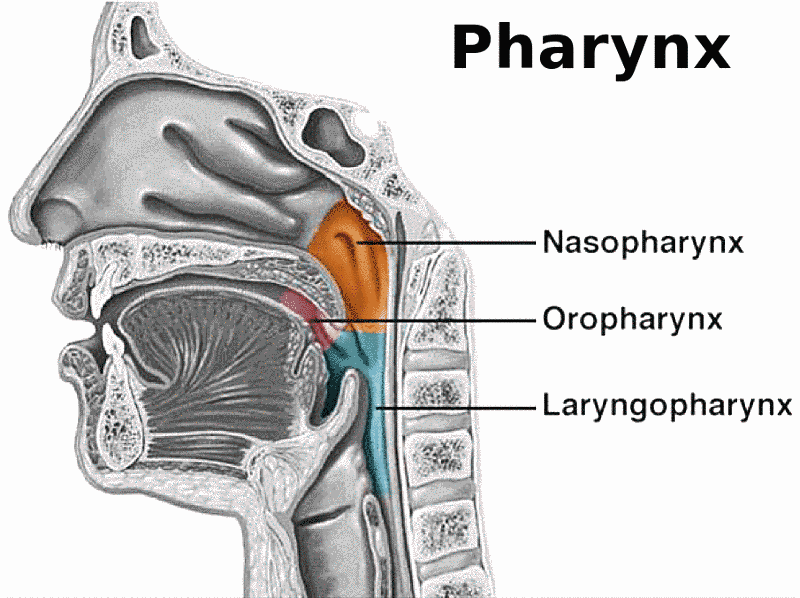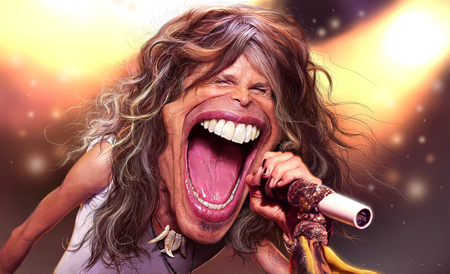Bruce Dickinson: The voice of Iron Maiden
Bruce Dickinson, the legendary frontman of Iron Maiden, is an unparalleled figure in the realm of heavy metal, celebrated for his exceptional vocal talents and enduring influence. From his electrifying stage presence to his resilience in overcoming challenges, Dickinson’s journey epitomizes rock ‘n’ roll excellence. His famous catch phrase, “Scream for me _!” (inserting the town that he’s performing in) is guaranteed to elicit a thunderous reply from the audience.
Early career and discovery
Born on August 7, 1958 in England as Paul Bruce Dickinson, Bruce Dickinson initially gained recognition with the band Samson, where he honed his dynamic vocal range and theatrical performance style. His impressive abilities caught the attention of Iron Maiden, who saw in him the perfect fit for their ambitious musical vision.
Bruce Dickinson’s journey with Iron Maiden
Bruce Dickinson joined Iron Maiden in 1981, succeeding Paul Di’Anno as the lead vocalist. His arrival marked a turning point for the band, infusing their sound with his operatic flair and vibrant stage presence. After a brief departure to pursue a solo career and explore other interests, including aviation and entrepreneurship, Dickinson rejoined Iron Maiden in 1999, much to the delight of their loyal fanbase.
Discography of Iron Maiden
Iron Maiden’s discography spans decades of influential albums that have shaped the metal genre. From “Number of the Beast” in 1982 to “Senjutsu” in 2021, each album marks a chapter in Dickinson’s journey with the band, showcasing his vocal versatility and the band’s enduring creativity. Here’s a list of all of the albums that Iron Maidan released with Bruce at the helm:
- Number of the Beast (1982)
- Piece of Mind (1983)
- Powerslave (1984)
- Somewhere in Time (1986)
- Seventh Son of a Seventh Son (1988)
- No Prayer for the Dying (1990)
- Fear of the Dark (1992)
- Brave New World (2000)
- Dance of Death (2003)
- A Matter of Life and Death (2006)
- The Final Frontier (2010)
- The Book of Souls (2015)
- Senjutsu (2021)
Prior to Bruce Dickinson joining Iron Maiden, Iron Maiden released the following albums with Paul Di’Anno as their frontman:
Impact and influence
Beyond his role in Iron Maiden, Bruce Dickinson has set a benchmark for aspiring metal vocalists worldwide. His theatrical delivery and technical prowess continue to inspire generations of musicians, solidifying his legacy as one of the genre’s most influential figures.
In addition to his work with Iron Maiden, Bruce Dickinson has had a very successful solo career, releasing albums such as:
- Tattooed Millionaire (1990)
- Balls to Picasso (1994)
- Skunkworks (1996)
- Accident of Birth (1997)
- The Chemical Wedding (1998)
- Tyranny of Souls (2005)
Listening to these tracks is a must do for any singer that is looking to understand Bruce’s vocal style. All of the albums linked above are part of my personal music collection.
Vocal mastery and challenges
Dickinson boasts a vocal range spanning from D2 to C♯6, showcasing nearly four octaves of expressive capability. His operatic training blends seamlessly with the raw power demanded by heavy metal, allowing him to deliver haunting highs and emotive lows with equal finesse. Despite facing serious health challenges, including a battle with throat cancer.
In his autobiography “What Does This Button Do?” Dickinson candidly discusses his battle with throat cancer, which was diagnosed in 2015. The treatment included extensive radiation therapy, which posed significant risks to his vocal cords and overall health. Despite these challenges, Dickinson’s determination and disciplined approach to recovery enabled him to return to the stage and continue his musical journey.
From Dickinson himself, “I had a three-and-a-half-centimeter [tumor] — basically a golf ball — living down at the base of my tongue, right at the base. So, that was sitting there for I really don’t know how long by the time it got big enough to notice. But I did a whole album [2015’s The Book of Souls] with that sort of sitting there. And when it went away, I guess there’s a lot more space for the sound come out! Not to put too fine a point on it, but there’s no more obstruction in the way, you know? So yeah, with the high notes I was like, ‘Wow! Whoosh!’ There’s a lot more horsepower in some of the high notes, which is interesting.”
“In early May [2015], I started trying to sing and it sounded absolutely terrible. I sounded like some wounded beast,” Dickinson recalls of the early days of his recovery. “I was just like, ‘Oh my God!’ So, I waited another two or three months. I was wandering around the kitchen, waiting until everybody had gone out, and just started to give the voice a bit of a workout. I went, ‘OK, let’s have a go at the top.’” Dickinson then tested a few operatic lines of one of Maiden’s most classic songs, “Run to the Hills,” and suddenly all was well. “I went, ‘Oh, ooh, yep, yep, yep, yep, yep. Oh my God.’ And then I just relaxed, because I’m not in a hurry now; I know it’s all there. It’s come back.”
Beyond music
Bruce Dickinson’s passions extend beyond music into fencing, where he has represented England internationally, showcasing his dedication and competitive spirit. Additionally, as a qualified commercial pilot, Dickinson piloted Iron Maiden’s Boeing 747-400, named “Ed Force One,” during the band’s world tours, highlighting his diverse talents and unwavering pursuit of excellence.
Literary contributions
Bruce Dickinson is also a published author, offering insights into his multifaceted life and career. If you’d like to learn more about Bruce’s life from the man himself, I’d highly recommend exploring some of his writing, which I have linked to below:
- The Adventures of Lord Iffy Boatrace (1990)
- The Missionary Position: Further Adventures of Lord Iffy Boatrace (1992)
- Bruce Dickinson: Maiden Voyage: The Biography (2017)
- What Does This Button Do?: An Autobiography (2017)
Celebrating a metal icon
Bruce Dickinson’s legacy as Iron Maiden’s frontman is etched in the annals of rock history. His journey from a struggling vocalist to an iconic figure serves as inspiration for aspiring musicians navigating the complexities of the music industry. Whether belting out anthems like “Run to the Hills” or “Hallowed Be Thy Name,” Dickinson continues to captivate audiences with his stage presence and vocal mastery.
For the die hard collector of all things Iron Maiden, check out the Eddie Funko Pop figurine collection.
Explore further
For aspiring metal vocalists looking to delve deeper into Bruce Dickinson’s techniques, Rapid Vocal Results offers expert coaching sessions tailored to enhance your vocal performance.
Our expert coaching sessions offer a deep dive into Bruce Dickinson’s vocal style, providing aspiring metal vocalists with the tools to elevate their own performance. Learn to sing better with guidance from an expert Vocal Performance Coach, who understands the nuances of metal vocals and is passionate about your vocal development and providing the best advice to safely develop your very own screaming voice.
Contact us today to unleash your potential and embark on your path to vocal greatness.
Disclaimer: If you make a purchase from one of the above Amazon Associate links, a tiny commission goes to supporting the site. In keeping with my “No BS” policy, I only ever recommend products that I personally use or know are beneficial to my readers.

